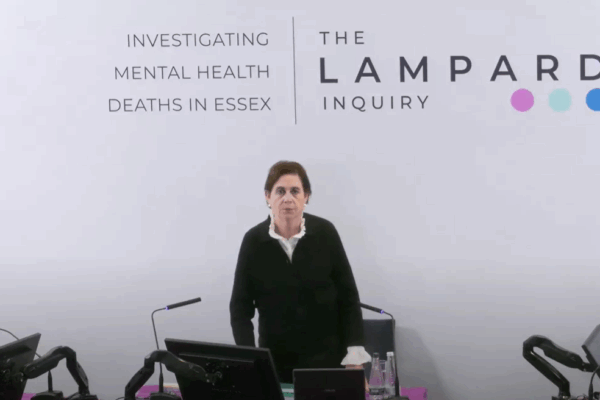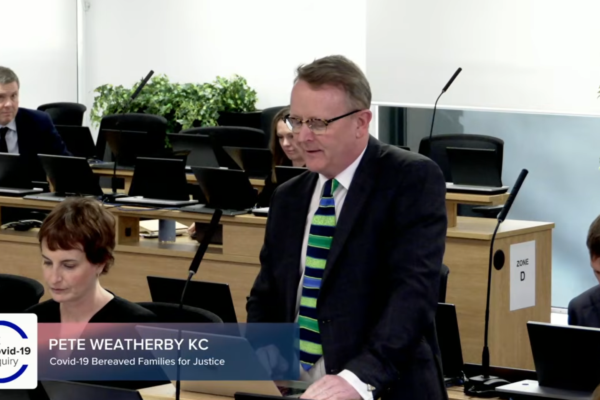Extension of the Workers Registration Scheme in 2009 was unlawful
16 February 2015
In TG v Secretary of State for Work and Pensions (PC) [2015] UKUT 0050 (AAC) (30th January 2015) the Administrative Appeals Chamber of the Upper Tribunal ruled that the government acted unlawfully when it extended the controversial Workers Registration Scheme (WRS) for its final two years of operation. The Appellant was represented by Garden Court North Chambers’ Tom Royston, instructed by Amy Fiddler at Howells LLP. The Appellant was originally advised by Lindsay Fletcher, Benefits Specialist at Manchester Citizens Advice Bureaux before the case was progressed to Howells LLP.
The WRS required nationals of eight accession states to register each time they started a new job, and prevented them from relying on their EU law right to reside in respect of any period where they did not register. Many workers inadvertently fell foul of what was seen by some as an unneccesarily bureaucratic scheme. Even though the WRS ended in 2011, its effects have continued to be felt because past non compliance with the WRS has in many cases caused a person not to retain a right of residence, or not to develop a permanent right of residence.
Decision
In TG, Upper Tribunal Judge Ward found that the decision to continue the WRS until 2011 was ‘manifestly inappropriate’ [§118], and therefore that it was disproportionate and unlawful.
TG is the first successful challenge to the WRS, following attempts in, for example, Zalewska v Department for Social Development (Northern Ireland) [2008] UKHL 67, [2009] 1 CMLR 24 and Szpak v Secretary of State for Work and Pensions [2013] EWCA Civ 46 (13 February 2013).
Consequences
The finding that the WRS was unlawful between 2009 and 2011 makes TG a decision which potentially affects the past and future social security, housing and immigration law rights of hundreds of thousands of EU workers. Subject to any appeal, it is binding on the Secretary of State and on all first-tier social security tribunal judges.
The Upper Tribunal also held that the government has interpreted Article17 of Directive 2004/38 EC incorrectly [§66]. Its ruling on that ground boosts the rights of retirees.
In addition to its direct relevance for A8 nationals, the case may have implications for subsequent government decisions to impose transitional rules on nationals of other member states, both in the UK and across the EU.
Subject to its appeal failing, the government will have to amend domestic law to make it compliant with the UT’s decision. It will no longer be able to refuse EU workers the right to reside on the ground of not having complied with the WRS requirements in the period 1st May 2009 and 30th April 2011.





